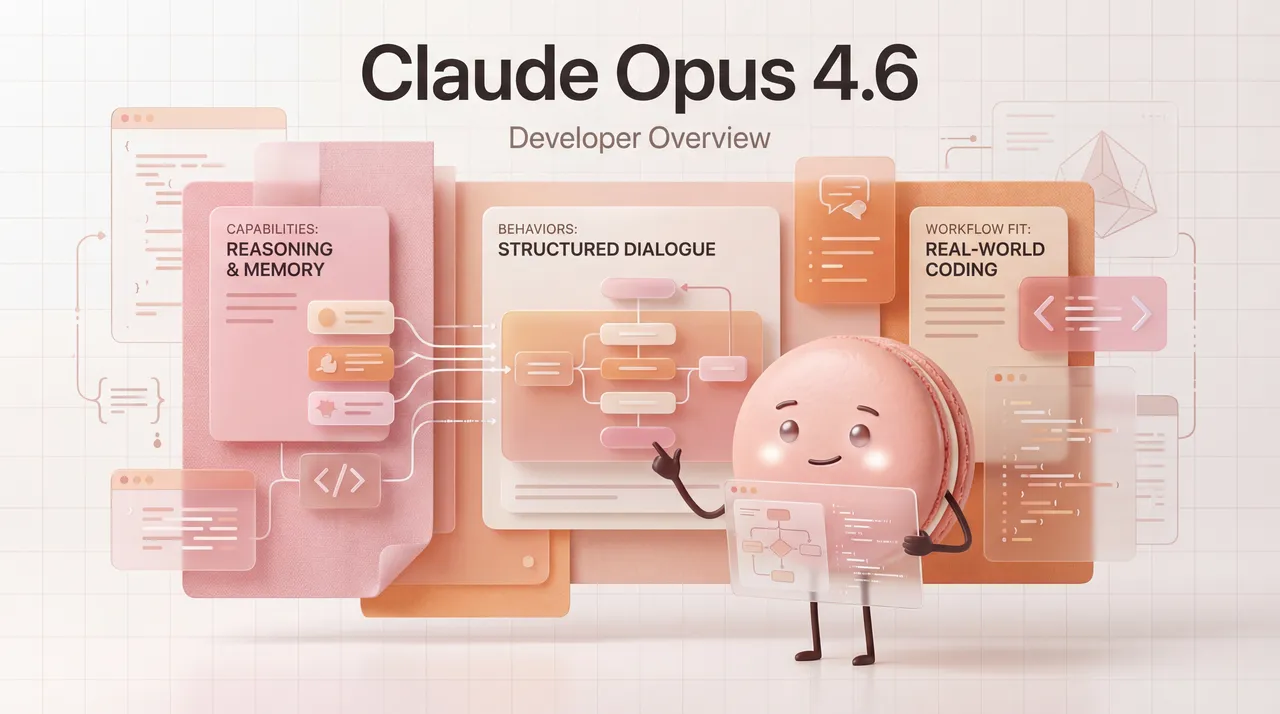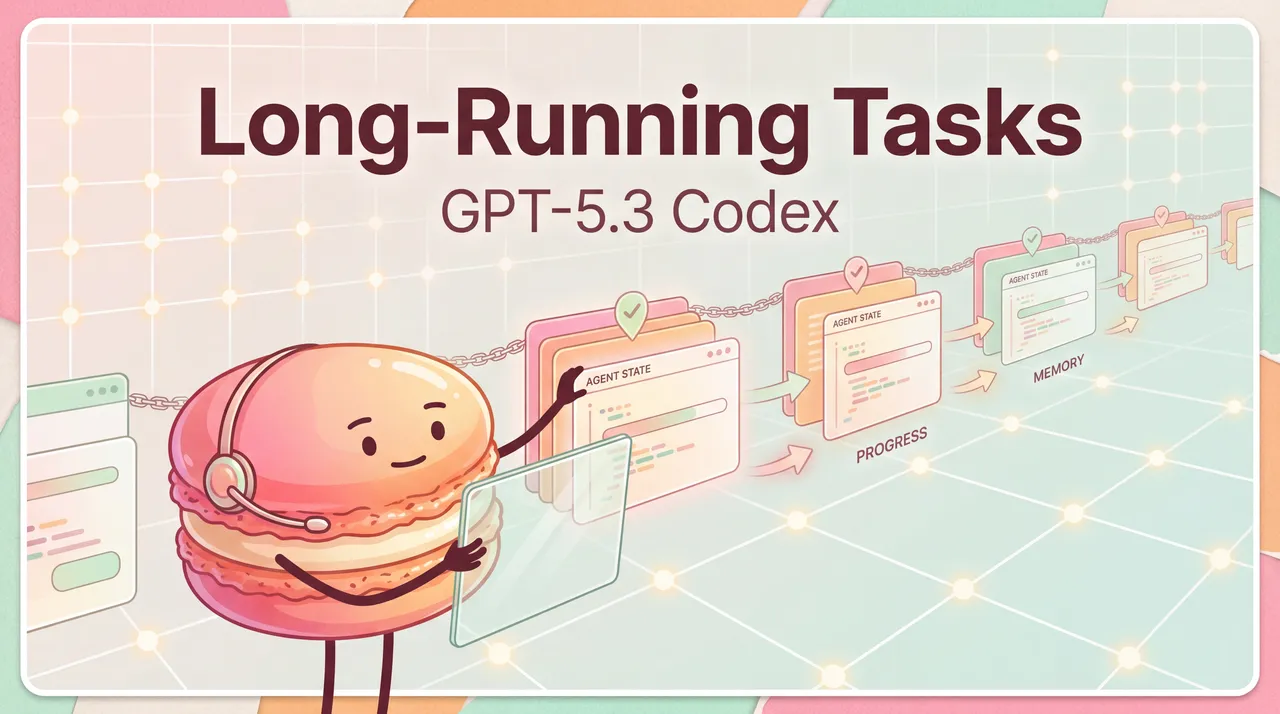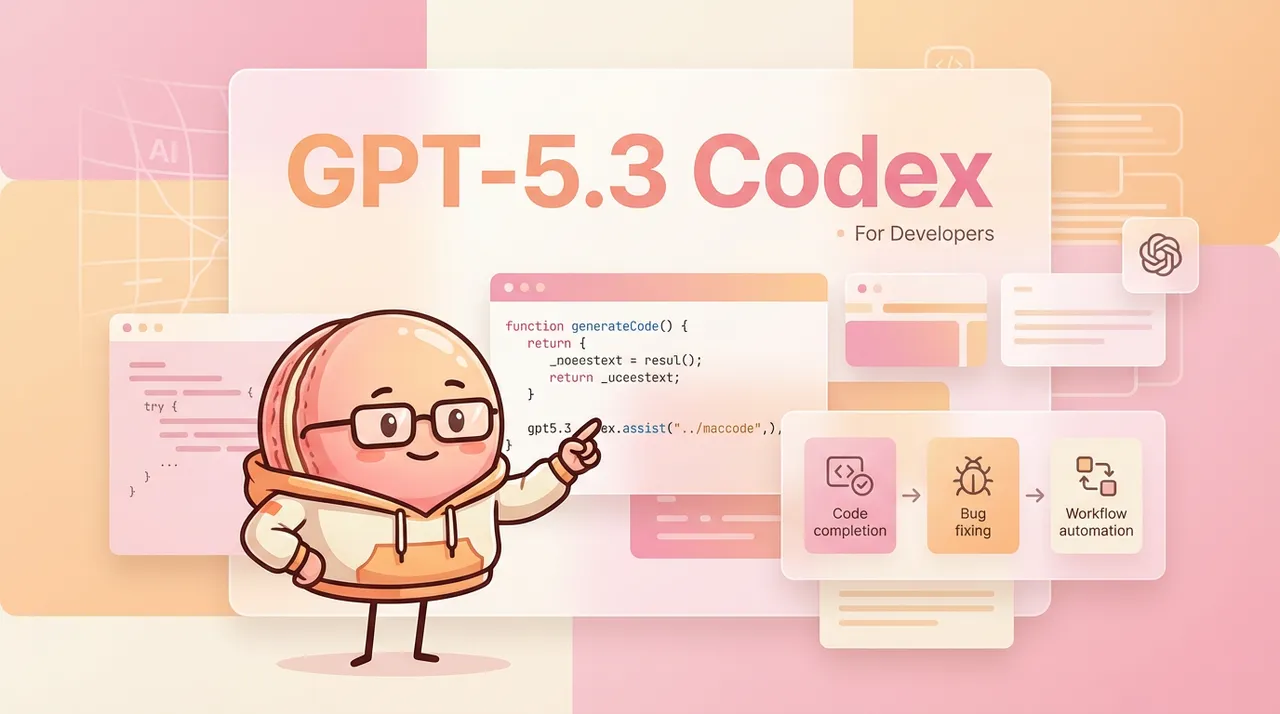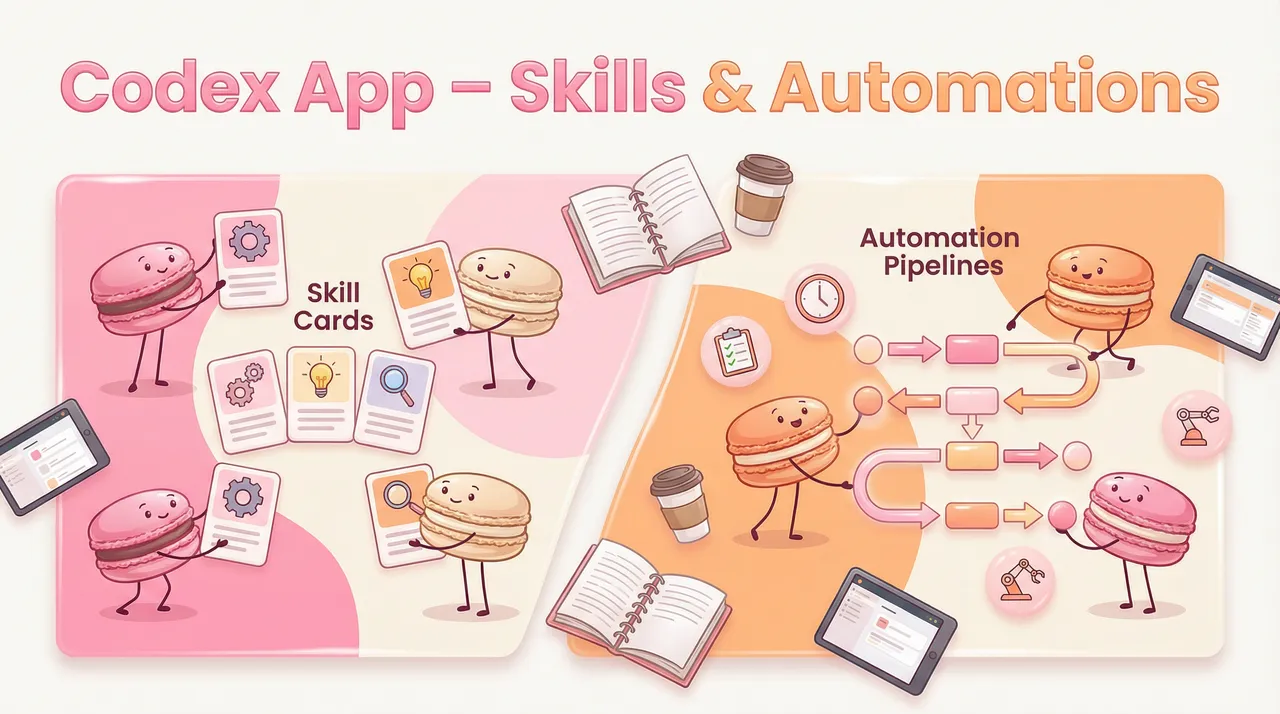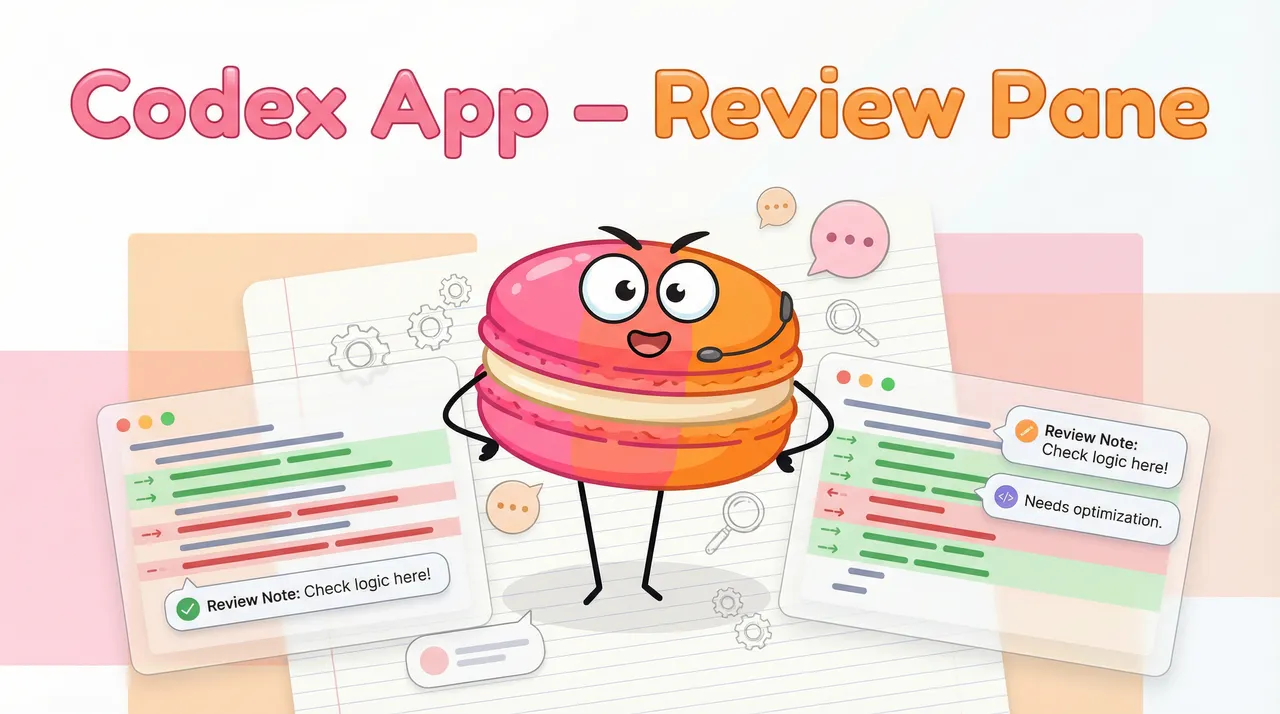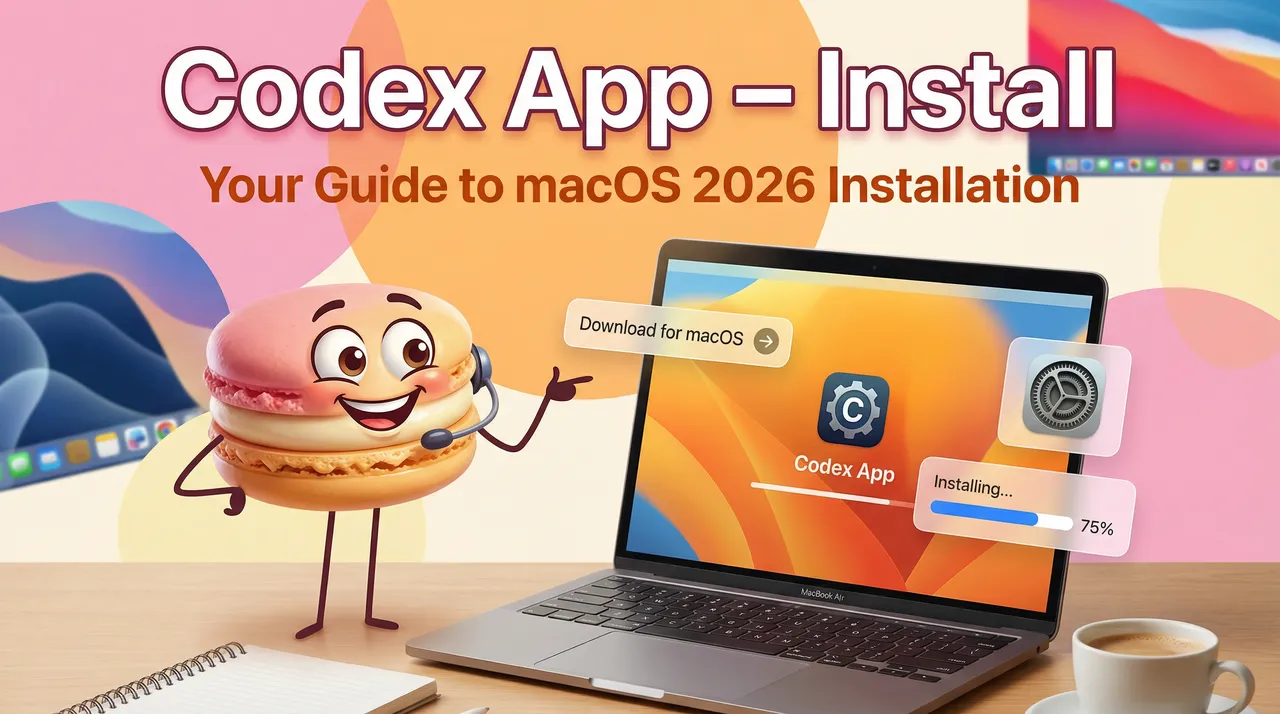Football coaches and analysts often speak about players who can "read the game"—anticipating plays, spotting patterns, and making split-second strategic decisions. In the modern era, artificial intelligence is learning to do the same. From real-time data captured by cameras and sensors to decades of historical match statistics, AI can digest massive amounts of information and extract insights that even seasoned coaches might miss. In fact, the global AI in sports market is projected to reach $29.7 billion by 2032, growing at over 30% annually, underscoring how technology is becoming the backbone of modern sports. This post explores how an AI personal assistant like Macaron can become a game-reading partner in football analytics—transforming raw data into actionable intelligence for coaches, players, and even passionate fans.
The Rise of AI in Football Analytics

I remember when "analytics" in my world meant a spreadsheet with color-coded cells and a lot of wishful thinking. Now, there's no shortage of platforms promising advanced models and rich video breakdowns. The problem is that for many of us, coaches at small clubs, weekend league captains, or just fans who analyze out of curiosity, it's too much. We don't need an enterprise stack: we need a helpful nudge when our brain is tired.
This is where AI assistants feel different. Not a platform you have to learn, but a companion that sits on top of what you already do: your match notes, your clips, your routine. Instead of a thousand dials and filters, it asks a simple question: "What are you trying to figure out?" Then it tries to answer in plain language, ideally with receipts.
In my tests (Dec 2025–Jan 2026), the good assistants did two things well:
- They remembered context, my team's shape, a player's recurring issue, the drills I like.
- They made the first pass at messy tasks: clipping sequences, summarizing patterns, suggesting what to practice next.
And they did it quietly. No fireworks, just fewer tabs and less second-guessing. That modesty matters. When an AI claims it can "revolutionize" your football brain, I close the tab. When it says, "I noticed you asked about press triggers last week, here's a quick comparison from the last two matches," I listen.
From Data Overload to Intelligent Insights
The first night I tried an AI assistant on our last three fixtures, I fed it a few basic inputs: match timelines, a handful of clips, and scattered notes I'd left myself in a doc. Nothing fancy, no GPS data, no wearables. I asked a very normal question: "When did our press actually work, and what did it look like?"
What came back wasn't perfect, but it was specific. It marked three sequences where we won the ball within eight seconds after a backward pass near the touchline. It flagged a different pattern where we pressed too narrowly and got split by a diagonal. It also admitted the obvious: "The sample is small: source clips are limited." That honesty made me more willing to trust it.
After two sessions, I noticed a real change: I wasn't faster right away, but I was less mentally tired. The assistant did the first sift. I still verified the key moments, but I wasn't starting from zero each time.
Key Capabilities of an AI Football Assistant
- Memory of context: It remembers that I care about our 4-3-3 press triggers and that I track our left back's recovery runs because we keep getting punished there.
- Natural-language queries: I can ask, "Show me our best 3-pass sequences to the final third" and get a short reel with timestamps instead of hunting.
- Light automation: It pulls rough clips from long videos and builds small playlists. My manual trimming dropped from ~40 minutes to ~15 per session.
- Gentle nudges: Before Saturday's game, it surfaced: "You flagged transition defense last week, want a 10-minute drill plan?" Not pushy, just timely.
- Transparent limits: The better tools tell you what they don't know, like missing player IDs or incomplete data. When an assistant pretends it knows everything, I'm out.
Macaron's Winning Features for Football

I spent most of my time with a tool called Macaron. I'm not here to sell it. I'm here because, in practice, it behaved like a low-drama assistant and didn't require a weekend course to use.
Here's what actually helped:
- Match-aware memory: After two uploads, Macaron started recalling that I'm tracking our left side. When I asked about crossing volume, it didn't just give totals: it pulled clips where our left back overlapped late and our winger cut inside, exactly the shape I usually forget to check.
- Timeline tagging without babysitting: I could drop a single long match file, jot a few anchor moments (e.g., "35:12: lost shape after turnover"), and Macaron filled in adjacent sequences worth scanning. Sometimes it guessed wrong, but it was right often enough to save me the first pass.
- Plain-English drill ideas: After a messy weekend, it proposed a 15-minute transition drill built from what we'd struggled with, staggered rest defense and delayed press. I didn't copy it verbatim, but the structure got me moving when I would've sat staring at a blank plan.
- Player notes that actually stick: I keep tiny notes like "J. tends to check to feet too early under pressure." Macaron surfaced those notes before I exported clips for him, so the reel wasn't just highlights, it had a few reminders I wanted him to see.
- Lightweight sharing: I could send a short clip pack to two players with a sentence or two of context. No deck, no ceremony. They watched on their phones, which is how this actually gets used.
There were annoyances. Macaron occasionally mislabeled players when the camera angle changed and the kits were too similar: I had to correct a few tags. Live analysis was hit-or-miss, latency during one match turned "live" into "about five minutes late," which is still useful for halftime but not exactly the touchline whisper I imagined. And cost-wise, I noticed higher compute usage with longer videos, so those "quick uploads" weren't always quick if my connection was weak.
Still, the net effect was calm. Macaron didn't try to be a platform: it tried to be a memory and a helpful sorter. For me, that's the right scale for AI assistant analytics for football.
A small note on trust: whenever Macaron made a claim ("most regains happened after we forced them wide"), it linked back to the timestamps it used. I verified a random handful, about five per session. When the receipts lined up, my skepticism dialed down a notch.
Technical but User-Friendly: A Coach's Best Friend
I'm not anti-technical. I just don't want to wrangle a lab setup after work. The better assistants hide their complexity and lean on normal language.
- Setup: I uploaded MP4s from Veo and a phone recording. Macaron handled both, though the phone video needed a quick trim for sync. No plugins. It recognized periods from the stadium clock about 80% of the time: the rest I corrected once and it remembered.
- Data tolerance: I had no tracking data, no wearable stats, just video and my notes. The assistant still pulled something meaningful. With richer data, sure, you'll get more, but I didn't feel shut out.
- Verification loop: I liked the "show your work" view, every claim tied to clips. When it couldn't be certain (dodgy angle, player occluded), it flagged low confidence. That simple signal saved me from treating a guess like gospel.
- Privacy choices: I kept everything restricted to my team space. Exports were link-based with expiry. I can't audit the whole pipeline, but the settings made sense and didn't bury me in jargon. If you're at an academy or a club with strict policies, you'll still want your IT person to review this, obviously.
Where it fell short:
- Live tagging, as I said, lagged. Good for halftime, not for touchline micro-adjustments.
- Sometimes the assistant sounded sure about possession percentages it inferred from partial footage. It was close, but "close" isn't always helpful when you're debating a substitution. I stuck to clip-backed claims for decisions.
In practice, the win was mental energy. I stopped dreading the Sunday-night review. My process shrank by maybe 25 minutes, but more importantly, I wasn't burned out by the first half. It's a quiet kind of relief.
The Future: AI Assistants in Every Club?

I can imagine a near future where every small club or Sunday league team has some flavor of AI assistant analytics for football, a polite helper that remembers patterns, trims the noise, and hands you three useful observations instead of a 40-page report. Not because it's trendy, but because it lowers the activation energy to review, plan, and communicate.
Who will like this:
- Coaches who already keep scrappy notes and wish those notes did more work for them.
- Players who learn best with short, targeted clips and a sentence or two of context.
- Anyone allergic to big learning curves.
Who probably won't:
- Folks expecting precise event data without the sensors to back it up.
- Live-tactics tinkerers who need real-time accuracy under a minute.
- People who want full control over every metric and model. Assistants trade knobs for nudges.
If you try a tool like Macaron, treat it like a second set of eyes that never gets tired but occasionally squints. Ask it specific questions. Check its receipts. Notice when your shoulders drop a little because something repetitive got lighter. That's the sign it's working.
I'll keep using it, for now. I'm curious whether the "gentle nudge" effect holds once the novelty fades and the fixtures pile up again. And whether, the next time I forget to tag a moment, it still remembers what I meant.
For more insights on AI in sports, explore Grand View Research's AI in Sports Market Report, Mordor Intelligence's comprehensive analysis, Precedence Research's market forecasts, or Markets and Markets' detailed breakdown.

